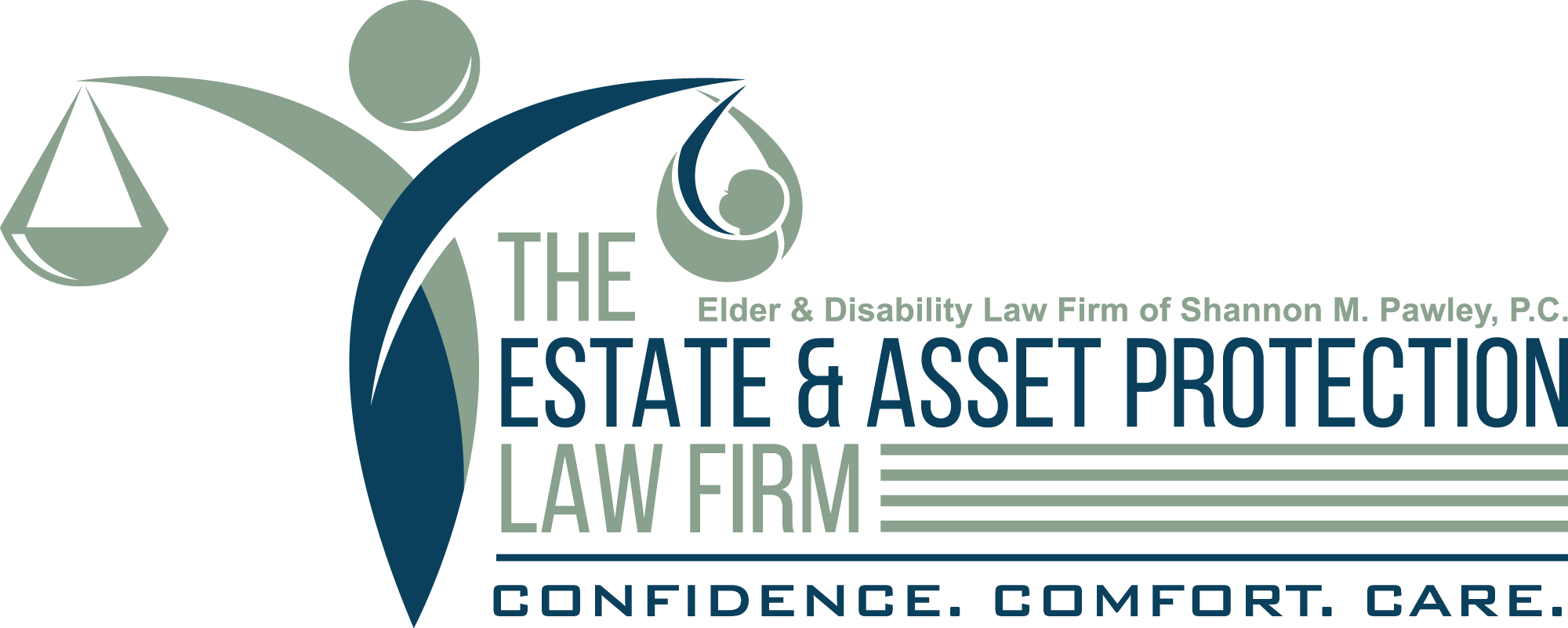A Digital Asset Protection Plan: How To Establish Legal Rights To Digital Assets

How much of your life is online?
As we move deeper and deeper into the digital world, we accumulate more digital assets that have monetary as well as sentimental value. Sometimes the monetary value of these assets can be worth hundreds of thousands or even millions of dollars. For most regular people though, the value is more likely to be in the thousands or purely sentimental.
Nonetheless, these assets must be addressed from a legal standpoint when establishing estate and asset protection plans. Therefore, you need to learn how to establish legal rights to digital assets in a digital asset protection plan too!
Until recently, very few laws helped to determine who could access these files and accounts if the user became incapacitated or died. If the deceased or incapacitated person wanted any of their digital assets to be deleted, modified, or distributed to loved ones, it was difficult to discern who would have a legal right to access them.
Since in the not-too-distant past, digital asset protection was not really a “thing” because digital assets were largely not considered “assets” by most people. Instead, after the death accounts would often be deleted by the company that controlled them or they would just continue to exist un-accessed and inaccessible to family and friends.
Now there are laws that help loved ones gain access to digital assets. Therefore, digital asset protection now is a THING but there must be instructions left by the owner.
List Your Digital Assets
These days, most of us use digital assets without even thinking — to keep in touch, pay bills, manage subscriptions, store photos, and more. When you create a will or asset protection plan, you will probably be asked about your digital assets. Here’s a list to help you determine yours. Digital assets include:
- Computing hardware, such as computers, external hard drives or flash drives, tablets, smartphones, digital music players, e-readers, digital cameras, and other digital devices
- Any information or data that is stored electronically, whether online, in the cloud, or on a physical device
- Any online accounts, such as email and communications accounts, social media accounts, shopping accounts, photo and video sharing accounts, video gaming accounts, online storage accounts, and websites and blogs that you may manage
- Domain names
- Intellectual property, including copyrighted materials, trademarks, and any code you may have written and own
Designate Digital Executor And Instruct How To Handle Assets
You need to designate a person who will be able to access your digital assets in the case of your death or incapacitation. It could be the same person designated as the Executor in your will or you could assign someone else your digital Executor.
Once you decide on the executor of your digital assets you then need to determine if any of the assets have monetary value. If so, you may want to instruct your Executor to handle those assets in a specific way. For example, should revenue-generating assets be transferred to people who will continue to manage the accounts? Should credits or points or cash values be redeemed? Should online stores you manage be immediately shut down, shut down after all items are sold, or transferred to someone who can continue to manage the store? If assets will continue to generate revenue, it’s worth thinking about where that money is going, and who will be able to access it after you’re gone.
You won’t want to include passwords or other access information in your Will when considering digital asset protection.
But you will need to leave all of your passwords and access information for each account in a safe place.
There are three main ways you can securely store this kind of sensitive information: with an attorney, with an online storage service or in a locked file cabinet or safe. Just make sure that the people who need to know where the information is actually know. It’s also a good idea to tell one or two people you trust where you’ve stored this information, for instance your adult children or your spouse.
Looking to find an experienced estate lawyer in the Georgia area who is skilled in asset protection and estate plan preparation? Shannon Pawley is an attorney in Georgia with expertise in estate planning and asset protection. Shannon can provide assistance with creating an estate plan to include making a will and how to establish a trust properly. If you have questions about asset protection or questions about making an estate plan, reach out to Shannon and she will be glad to help answer all the estate planning questions you might have!







